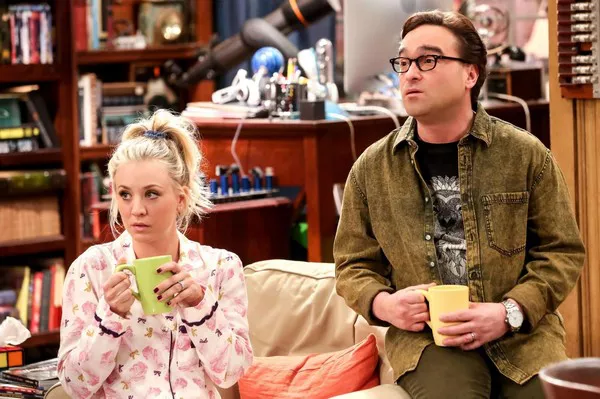Michael Oher, the former NFL star whose life inspired the book and film “The Blind Side,” has alleged that he was misled into believing he was being adopted by the Tuohy family, who took him in as a teenager. Oher claims that the family instead placed him in a conservatorship and exploited him financially from the success of the film.
In a court filing submitted to the Shelby County Court in Tennessee, Oher’s petition seeks to terminate the conservatorship, claiming that the Tuohy family, specifically Leigh Anne Tuohy and Sean Tuohy, misrepresented the nature of his relationship with them. The petition accuses them of enriching themselves at his expense by promoting the lie of his adoption.
The Tuohy family’s relationship with Oher gained widespread attention through the book and subsequent film “The Blind Side.” The film, starring Sandra Bullock as Leigh Anne Tuohy, depicted Oher’s journey from a homeless child to an NFL player with the family’s support.
The petition asserts that Oher’s rights were exploited when the Tuohys negotiated a deal with 20th Century Fox, leaving Oher without compensation for the rights to his name, story, and likeness. The Tuohy family, in contrast, received financial benefits from the movie’s success, including a contract price and a percentage of the net proceeds.
Despite the film’s commercial success, Oher claims he received no financial benefit. Furthermore, Oher alleges that the documents he signed related to the movie’s rights were not adequately explained to him, and he didn’t fully comprehend the implications.
Oher’s legal filing accuses the Tuohys of a breach of their fiduciary duty as conservators, which they claim warrants sanctioning by the court.
Oher’s background was marked by adversity, as he was a ward of the state of Tennessee and homeless before being taken in by the Tuohy family. The petition suggests that the Tuohys took advantage of his vulnerable situation for their own benefit.
The petition narrates that Oher was led to believe that the Tuohys would adopt him after he became a legal adult, which he believed due to their assurances. However, the documents he signed turned out to be related to a conservatorship, stripping him of certain legal rights.
Oher alleges that the Tuohys misled him by presenting the conservatorship as a necessary process given his age.
While Sean Tuohy has expressed his dismay at the allegations and denied making money off the film, Oher’s petition seeks not only the termination of the conservatorship but also an injunction against the Tuohys using his name and likeness.
As the legal battle unfolds, the narrative surrounding Oher’s life continues to raise questions about ethics, exploitation, and the complexities of personal relationships in the public eye.


























